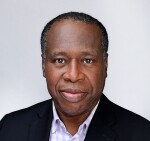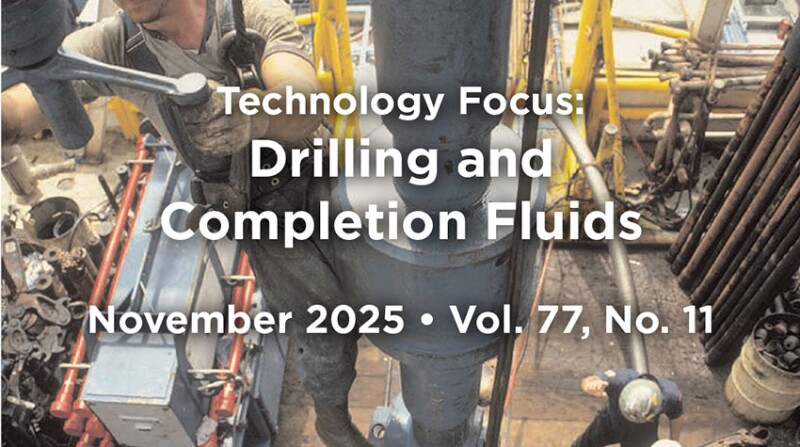The selection of papers in this year’s feature was predicated on critical factors such as the level of technical relevance, the integration of recent technology advances, the potential scope of application, and the ultimate effect on well capital expenditures, in addition to geographical diversity.
One major challenge for drilling-fluid engineers is the design and management of optimal drilling-fluid formulations in emerging frontiers—fractured formations and high-pressure geothermal environments. In the past, most fluid engineers used analog field or offset-well experience as a guide to selecting drilling-fluid options, which are further optimized with laboratory tests for new well operation. Recently, operators have leveraged cutting-edge technology such as machine learning and expanded data-driven techniques to facilitate the development of new drilling-fluid solutions. This process is evident in the first two selected papers, with a focus on drilling-fluid-management systems including nondamaging loss-circulation-treatment fluids for reservoir drilling.
The third paper is partly related to health, safety, and environmental performance, which is at the heart of our industry management. Historically, oil-based-mud (OBM) systems have enabled operators to achieve better drilling performance and productivity from hydrocarbon reservoirs compared with water-based muds. However, two major disadvantages of OBM fluids that remain intractable are the associated cost and environmental risks, especially in highly sensitive offshore regions, although proper recycling and disposal management practices are provided for mitigating these twin effects. These underlying considerations have continued to drive the quest for high-performance water-based muds as superior alternatives to oil-based fluids.
Finally, it is instructive to note that the new drilling-fluid applications have been deployed in the field successfully without neglecting other existing drilling best practices.
Summarized Papers in This November 2025 Issue
SPE 221076 Fluid-Advisory System Offers Recommendations for Various Systems by Fathima H.A. Razak, SPE, Elizaveta V. Onegova, and Sergei Postovalov, Baker Hughes, et al.
SPE 219656 Self-Degradable Lost-Circulation Material Cures Dynamic Losses in Highly Fractured Section by Mohammed Omer, Francisco E. Fragachan, SPE, and Samuel K. Strickland, SPE, Weatherford, et al.
SPE 223723 Water-Based Reservoir Drill-In Fluid Withstands Extreme Thermal Boundaries by Yasmin L. Freschi, SPE, Beach Energy; Andres C.R. Chavez, SLB; and Richard M. McCartney, Beach Energy, et al.
Recommended Additional Reading
SPE 223676 A Quantitative Drilling-Fluids Adviser by J.M. Whyte, SLB
SPE 223230 Reducing Mud Loss in Drilling Operations With High-Performance Plugging Agent by Fengfeng Xiao, China University of Petroleum, et al.
SPE 223193 Successfully Engineered and Delivered a Highly Inhibitive Anti-Accretion Drilling-Fluid System for Drilling Ancestral Nile Fill Well in the North Beni-Suef Area by Mohamed Kamel, Petrosilah, et al.

Peter Osode, SPE, is a senior production technology consultant with EOP Energy Resources in Nigeria. He has more than four decades of diverse upstream industry experience in Niger Delta and Middle East (Oman and Saudi Arabia) fields including drilling- and completion-fluids management. Osode started his career with Halliburton-Baroid as a drilling-fluids engineer before joining Shell Petroleum Development Company in Nigeria. He was a Shell international subject matter expert on drilling-fluids assessment processes and was responsible for developing the first standard operating procedure for formation damage and stimulation-fluids laboratory evaluation while at Saudi Aramco. Osode holds a bachelor’s degree in petroleum engineering from the University of Ibadan, Nigeria. He has authored and presented over 20 technical publications at both local and international conferences. Osode also is actively involved in SPE as an author, speaker, mentor, and technical paper reviewer. He is a member of the JPT Editorial Review Board and can be reached at peter.osode@eopenergy.com.ng.

